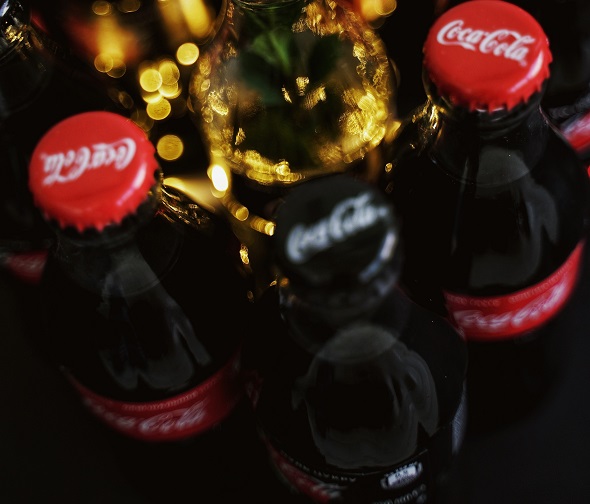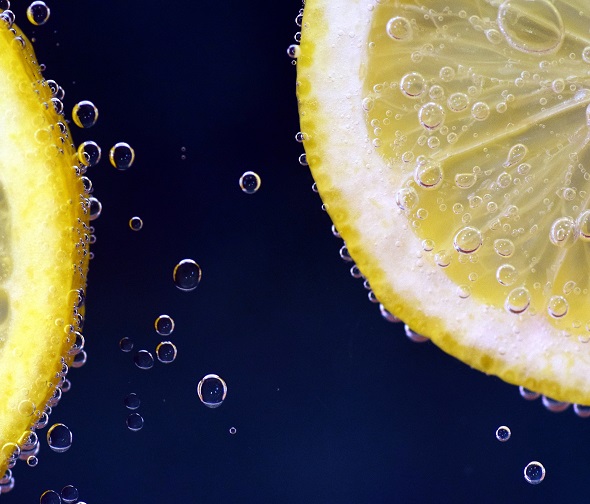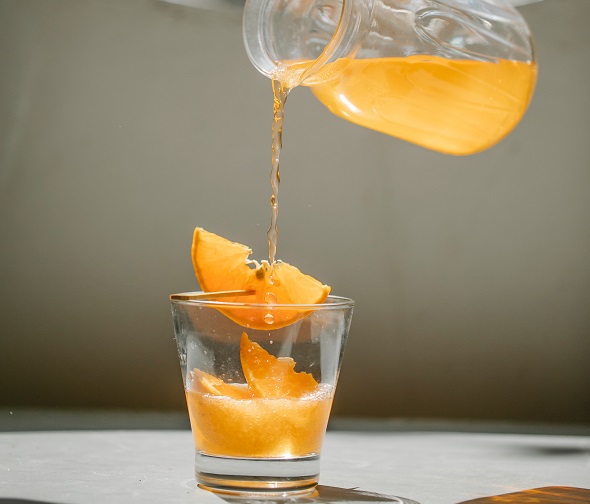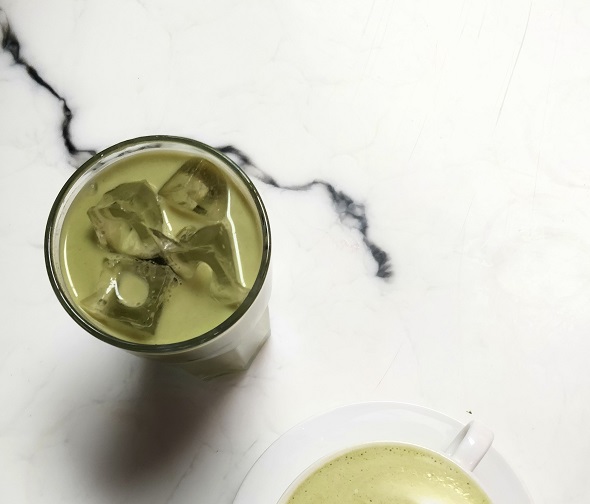The trend of sugar reduction has already begun to affect the sales and production methods of traditional beverages. With the increase of consumer health awareness and attention to sugar intake, more and more consumers are choosing low-sugar or sugar-free drinks. This has led traditional beverage manufacturers to re-examine their product portfolios and look for alternatives suitable for the sugar-reduction market.
For example, Coca-Cola has launched a range of low-sugar and sugar-free drinks, using sweeteners instead of sugar in production, such as Diet Coke and Coca-Cola Zero Sugar. Similarly, PepsiCo has also launched low-sugar and sugar-free drinks, such as Pepsi Max and Diet Pepsi.

 These actions by beverage companies indicate that they are aware of the demand for sugar reduction by consumers and have adjusted their product portfolios to meet market demands. Some beverage companies are also beginning to use healthier ingredients such as natural fruit juice and plant-based ingredients to increase the nutritional value and attractiveness of their products.
These actions by beverage companies indicate that they are aware of the demand for sugar reduction by consumers and have adjusted their product portfolios to meet market demands. Some beverage companies are also beginning to use healthier ingredients such as natural fruit juice and plant-based ingredients to increase the nutritional value and attractiveness of their products.Driven by the trend of sugar reduction, manufacturers will consider more natural sweeteners in the product formula, such as stevia and monk fruit, which are more popular among consumers than artificial sweeteners. The trend of sugar reduction brings three main changes to traditional beverages:
Changes in production methods:
Beverage manufacturers need to rethink the source of sweetness in their beverages to meet the demands of the sugar-reduction trend. They may need to find new sweeteners, such as natural sweeteners or low-calorie sweeteners, and try to use less sugar in their products.

 In addition, beverage manufacturers can also choose to reduce artificial additives and preservatives in their products to meet consumers' demands for more natural and healthy products.
In addition, beverage manufacturers can also choose to reduce artificial additives and preservatives in their products to meet consumers' demands for more natural and healthy products.
Changes in sales channels:
As consumers' demand for healthier beverages increases, retailers are shifting towards this direction.

 Many supermarkets now offer specialized shelves for low-sugar or sugar-free drinks, while some convenience stores have started selling natural drinks and fruit juice. This means that beverage companies must adapt to new sales channels and consider how to promote and sell their products in these new retail environments.
Many supermarkets now offer specialized shelves for low-sugar or sugar-free drinks, while some convenience stores have started selling natural drinks and fruit juice. This means that beverage companies must adapt to new sales channels and consider how to promote and sell their products in these new retail environments.Changes in brand image:

 Many beverage companies have started to pay attention to their brand image and link it to health and lifestyle. This means that beverage companies not only need to develop healthier products but also need to change their brand image and marketing strategies to meet the demands of the sugar-reduction trend.
Many beverage companies have started to pay attention to their brand image and link it to health and lifestyle. This means that beverage companies not only need to develop healthier products but also need to change their brand image and marketing strategies to meet the demands of the sugar-reduction trend.Overall, consumers will also pay more attention to the sugar content in beverages and compare them. The trend of sugar reduction is driving the beverage industry towards a more healthy and sustainable direction. Beverage manufacturers need to continuously innovate and improve to meet the changing demands of consumers.